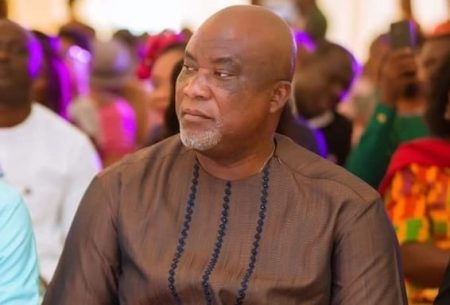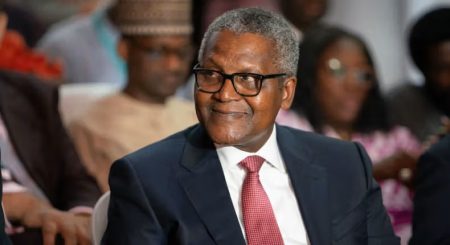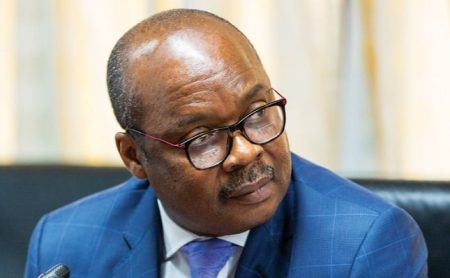The arrest of Istanbul’s mayor, Ekrem Imamoglu, a prominent figure in Turkey’s opposition and a key challenger to President Recep Tayyip Erdogan, has ignited a wave of protests and boycotts, resulting in a crackdown by Turkish authorities. Imamoglu’s detention on March 19th, following a conviction for insulting election officials, has been widely condemned by opposition figures and human rights organizations as politically motivated. The subsequent call for a consumer boycott, initiated by the leader of the main opposition Republican People’s Party (CHP), Kemal Kılıçdaroğlu, aimed to exert economic pressure on the government by targeting businesses perceived as aligned with Erdogan’s ruling party. This boycott call further escalated tensions and prompted a swift response from the authorities.
Turkish authorities, characterizing the boycott campaign as incitement to “hatred and discrimination,” launched an investigation and initiated arrests. At least eleven individuals suspected of promoting the boycott were detained, with warrants issued for five more. The government’s reaction underscores the sensitivity surrounding the protests and boycotts, viewing them as a direct challenge to its authority and a potential threat to economic stability. This crackdown also raises concerns about freedom of expression and the right to peaceful protest in Turkey, with critics arguing that the government is increasingly suppressing dissent.
The boycott itself, while impacting some businesses in major cities like Istanbul and Ankara, did not achieve widespread adherence. However, its symbolic significance remains potent, representing a form of civil disobedience against what many perceive as the government’s increasingly authoritarian tendencies. The call for a boycott followed an earlier, similar campaign initiated by CHP leader Özgür Özel targeting companies deemed close to the government. This escalating pattern of boycotts suggests a growing frustration within the opposition ranks and a willingness to employ diverse tactics to challenge the ruling party’s dominance.
The arrest of Imamoglu and the subsequent protests mark a significant escalation in the ongoing political tensions in Turkey. Imamoglu’s popularity, particularly in Istanbul, makes him a significant threat to Erdogan’s grip on power. His detention has galvanized the opposition, with thousands taking to the streets in demonstrations not seen on such a scale in over a decade. The government’s response, including the arrests of protesters and those promoting the boycott, has further inflamed the situation and heightened concerns about the shrinking space for political dissent.
The broader context of these events reflects the deepening polarization within Turkish society. Erdogan’s long tenure and increasingly centralized control have faced mounting criticism from those concerned about democratic backsliding and the erosion of civil liberties. The Imamoglu case has become a focal point for these concerns, crystallizing the struggle between the ruling party and the opposition, and highlighting the precarious state of freedom of expression and political participation in Turkey. The international community has also expressed concern about the situation, with various human rights organizations and Western governments calling for Imamoglu’s release and respect for democratic principles.
The events surrounding Imamoglu’s arrest, the protests, and the boycott campaign underscore the volatile political landscape in Turkey. The government’s forceful response to dissent raises serious questions about the future of democratic freedoms in the country. The outcome of Imamoglu’s legal battle and the government’s handling of the ongoing protests will likely have a profound impact on the political trajectory of Turkey, particularly in the lead-up to the next presidential election. The situation remains tense, with the potential for further escalation and increasing polarization. The international community will continue to monitor developments closely, urging all parties to exercise restraint and uphold democratic principles.














